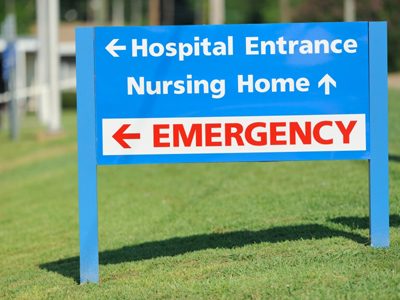
Britain: British Society 1931-1951 - The 1945 General Election
British society at different times in the past is one topic studied in GCSE History, and one of the periods covered is from 1931-1951. A major event of those years was the 1945 general election.
The result of the 1945 general election caused an upset in British society. Their victory came as a surprise to the Labour Party, and as a shock to the Conservative Party. The actual campaign was long, drawn out and bitter, as the wartime coalition dissolved.
Test your knowledge of British society and the 1945 general election in this enlightening quiz.
Ready for more?
not all...
quizzers. Try to win a coveted spot on our Hall of Fame Page.







